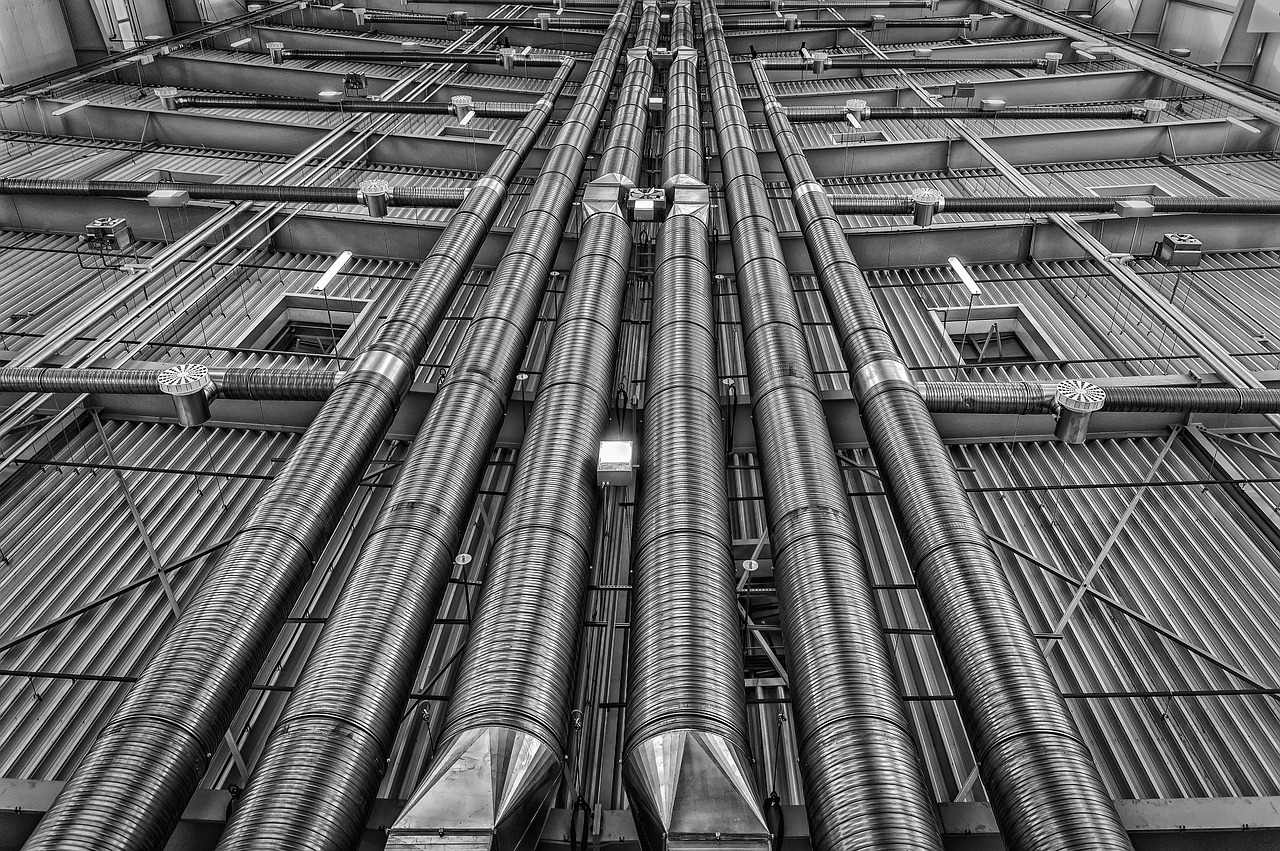Niobium
• Niobium, also known as columbium, is a chemical element with the symbol Nb and atomic number 41.
• Niobium is mostly used as an alloy
• Applications are in superconductivity, welding, nuclear industries, electronics, optics, numismatics, and jewellery
• When added to materials like steel, glass, and aluminum castings, Niobium helps to lower environmental impact, while also delivering other benefits like better performance, improved safety, and increased value.
• Niobium is considered a technology-critical element.
• Niobium is mostly used as an alloy
• Applications are in superconductivity, welding, nuclear industries, electronics, optics, numismatics, and jewellery
• When added to materials like steel, glass, and aluminum castings, Niobium helps to lower environmental impact, while also delivering other benefits like better performance, improved safety, and increased value.
• Niobium is considered a technology-critical element.
Niobium is a metal. When very pure, it is soft, ductile, and highly resistant to corrosion, but impurities make it harder. Niobium becomes a superconductor at cryogenic temperatures.
Pure niobium has a Mohs hardness rating similar to that of pure titanium, and it has similar ductility to iron.
The free element is not found in nature, but niobium occurs in combination with other elements in minerals. Pyrochlore, a calcium sodium niobate, is also the principal commercial source. Natural niobium occurs entirely as the stable isotope niobium-93.
Pure niobium has a Mohs hardness rating similar to that of pure titanium, and it has similar ductility to iron.
The free element is not found in nature, but niobium occurs in combination with other elements in minerals. Pyrochlore, a calcium sodium niobate, is also the principal commercial source. Natural niobium occurs entirely as the stable isotope niobium-93.
Niobium is used in a wide range of materials, such as alloy steel and oxides, and applications in sectors like mobility, energy and construction.
Small percentage of niobium enhances the strength of the steel.
The temperature stability of niobium-containing superalloys is important for its use in jet and rocket engines. Superconducting alloys, also containing titanium and tin, are widely used in the superconducting magnets of MRI scanners.
Small percentage of niobium enhances the strength of the steel.
The temperature stability of niobium-containing superalloys is important for its use in jet and rocket engines. Superconducting alloys, also containing titanium and tin, are widely used in the superconducting magnets of MRI scanners.
